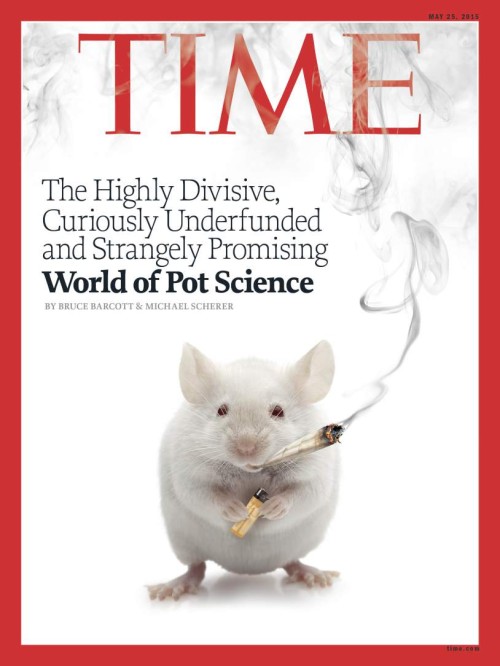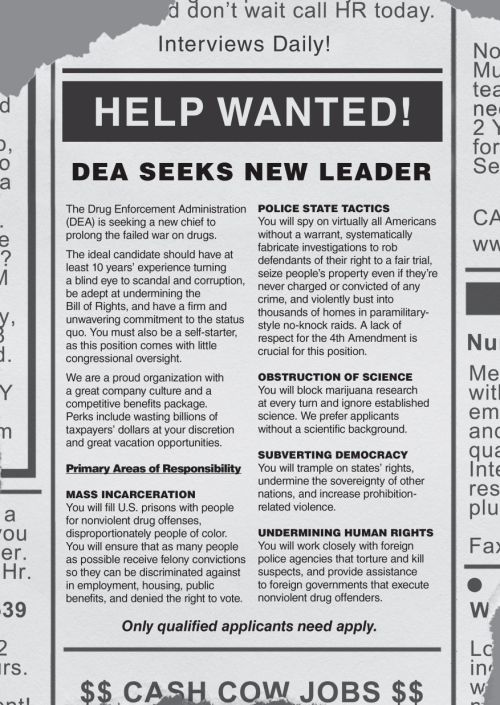In weird news… Man Asks City To Ban Fart Smells — For A Good Reason
Last week, the City of Pendleton updated its nuisance ordinances to cover the smell of marijuana, NBC reported at the time. That means that even though recreational marijuana will be legal in Oregon starting in July, a person can be fined up to $500 if someone complains they smell marijuana coming from that person’s property.
In a letter published in the East Oregonian on Thursday, someone who signed his name as Peter Walters merely asked that council members take the next logical step and start regulating a far more noxious scent:
It was with great relief Thursday when I read in the East Oregonian that Pendleton’s city council took the time to pass an amendment to the city’s nuisance ordinance banning marijuana odor. Clearly, there has been no issue of greater importance facing the city. Now that this important work has been completed I hope that the council will move on to restricting the other offensive smell that plagues our community: farts.
Walters, who is pretty clearly mocking the marijuana ordinance, notes, “Some habitual farters argue that they need to fart for medical reasons but that doesn’t mean my kids should have to smell their farts.â€
Nice move by Peter Walters.
I find the whole idea of trying to ban marijuana smells to be absurd. It’s not even that bad of an odor (obviously as a neighbor, you don’t want to be a bad neighbor and inundate people with any odor, but for people to occasionally catch a whiff? No big deal.)
We have dealt with (and still deal with) much worse assaults on the olfactory system. As a kid, I remember that whenever we went to Indiana, we had to roll up the windows and change the car vent to internal only when we got 10 miles from Gary, Indiana, and it was still unbearable. In college, our frequent trips to Cedar Rapids, Iowa were marred by the ever-present smell of the Quaker Oats factory. And have you ever been to Chinatown?
Even now, I smell the neighbors’ fresh-mowed lawns, and that distinct charcoal/lighter fluid combination every weekend, plus the acrid smell of spent fireworks in July and burned leaves in the fall. On one side, I smell cigarettes, and on the other, dog poop.
It’s the smell of freedom.




